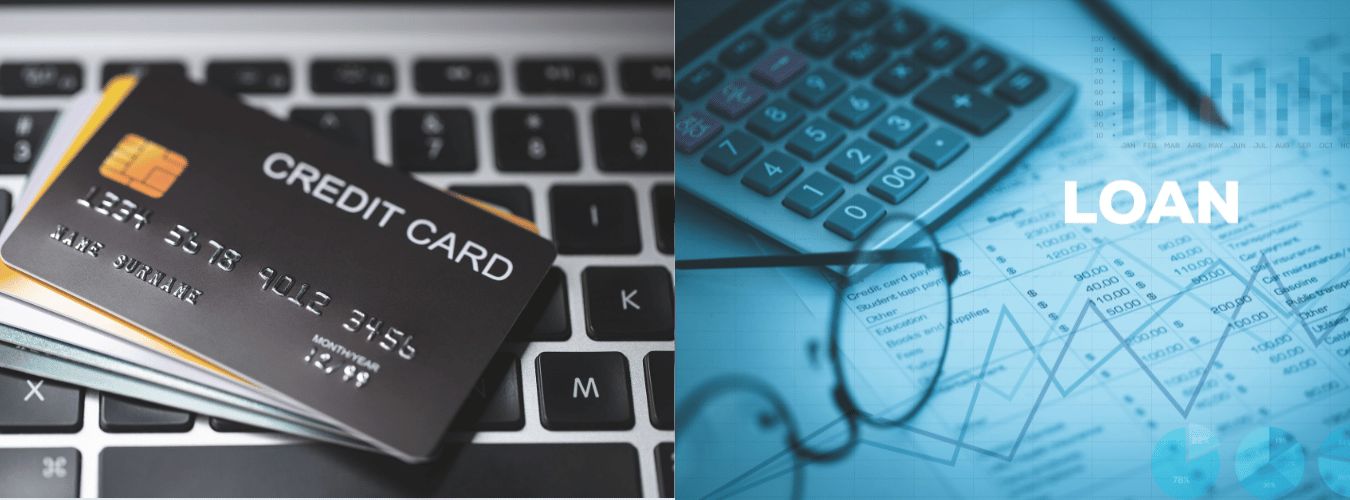Balance Transfers Cards versus Loans
Do you have multiple debts? Do you find it hard to keep up with multiple payments? Then keep reading because we know all too well how overwhelming paying off debt can be, with multiple payment plans and interest rates it’s easy to become discouraged and feel like it’s impossible.
Have you ever looked into debt consolidation? It could in fact make your life a whole lot easier, it simply means putting all your debts into one place and making one repayment each month. There’s a few different ways you can do this.
In this short blog we’re going to look at the positives and negatives of balance transfer cards and debt consolidation loans.

What is a balance transfer card?
You may have borrowed money for a number of places and it’s easy to lose track and your debt may become difficult to juggle. A balance transfer card may make things easier to manage, a balance transfer allows you to move all your credit card debt onto one card. Sometimes there could be a one off payment charge for transferring your debt onto a new card, and is often a percentage of the amount you’re looking to transfer meaning the larger the balance the larger the charge.
Balance transfer cards usually offer 0% interest rates for a fixed period of time, a great option if you’re paying high interest rates on a few different cards. Make sure the savings are worth it and the lower interest outweighs the cost of the balance transfer.
Positives and Negatives of Balance Transfer Cards
- Credit cards usually offer flexibility when it comes to repayments each month, be sure to make minimum payments every month.
- 0% or low interest rates are often available.
- Balance transfer promotion periods only usually last for 60 days after opening an account.
- Failure to meet terms and conditions may result in loss of low interest rates.
- The amount you can borrow may typically be less than a loan.
- Applying for a credit card may reflect negatively on your credit score.
- You will need to pay a transfer fee.
- When your introductory period ends the interest rates may spike considerably.
- Transferring and closing accounts could impact your credit score negatively.
What is a debt consolidation loan?
If you’re looking to make your debts and repayments more manageable then a debt consolidation loan is something you could definitely consider. This simply means you take out a loan to pay off all your other debt and then pay everything you owe back but only to one lender more often than not referred to as a personal loan or secured loan depending on what they are offering you.
Once you have applied you will agree on the amount with your lender and the timescale in which your repayment will be made plus interest rates. There could be a one off charge (fee) before you receive the loan, usually a percentage of the total amount you’re going to borrow.
Positives and Negatives of Loans
- You can likely borrow more than with a balance transfer card.
- You can plan ahead with a fixed repayment schedule.
- A loan allows you to pay off different kinds of debt rather than just credit card debt.
- Loans usually come with a fixed interest rate.
- You may be charged if you want to pay back your loan early.
- There could be a one off fee before you receive your loan.
- You may receive a lower interest rate but the overall amount you pay back could increase.
- Applying for a loan may damage your credit score.
- If your credit score is low you may need to take a secured loan this could lead to repossession of property or assets should you fail to make repayments.




